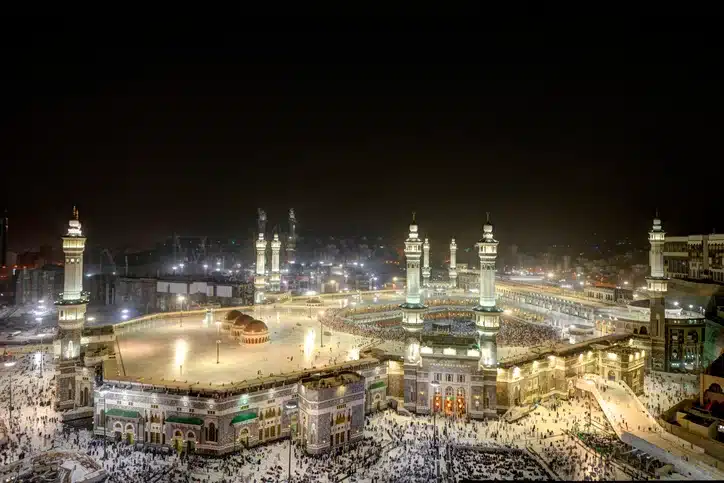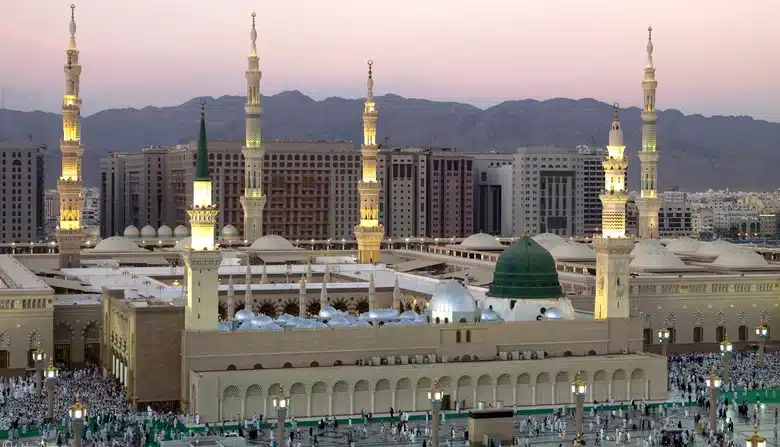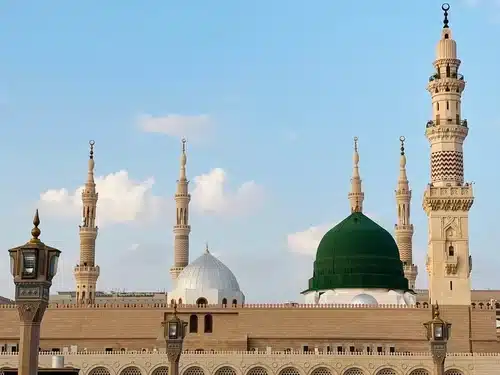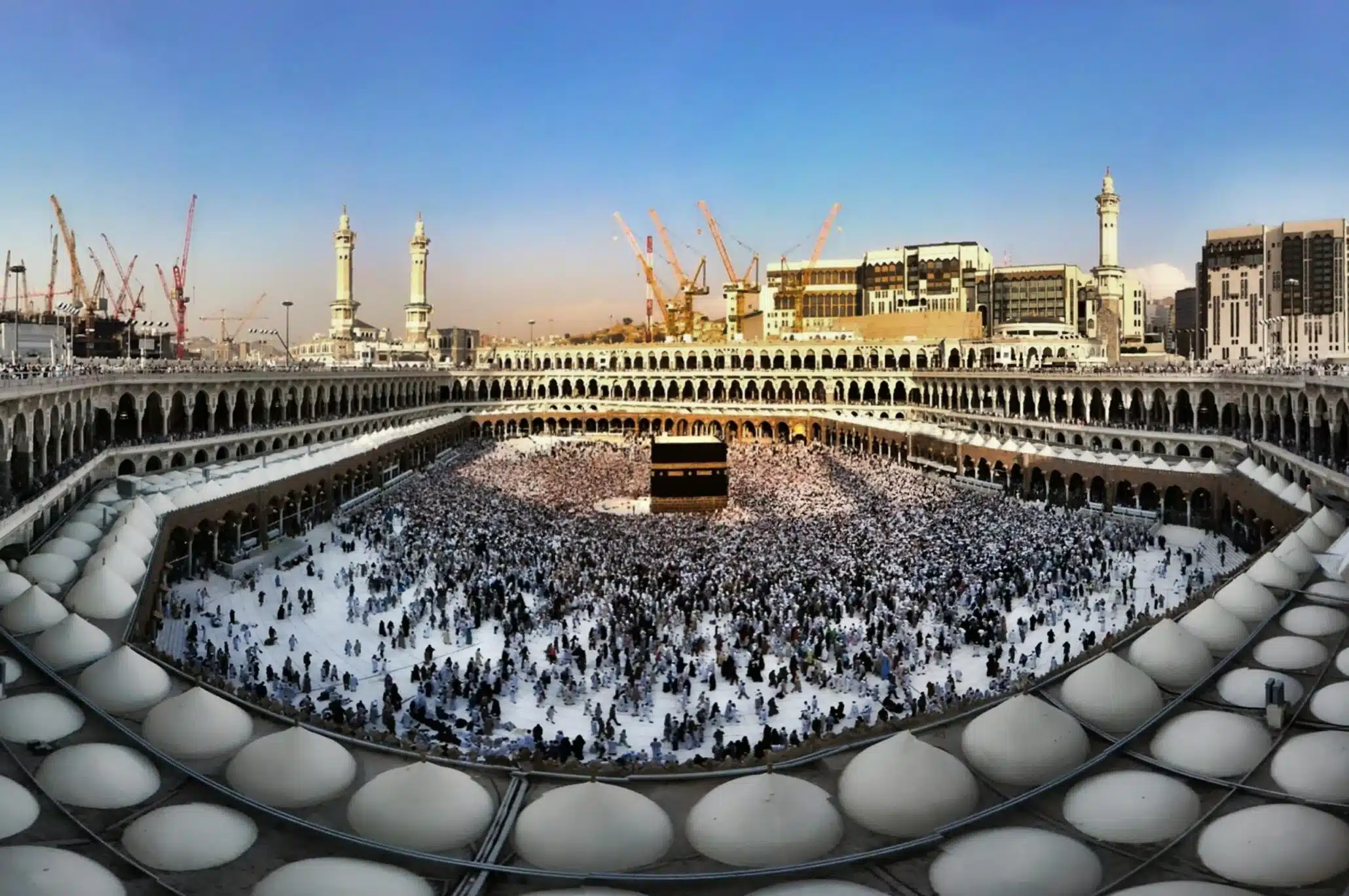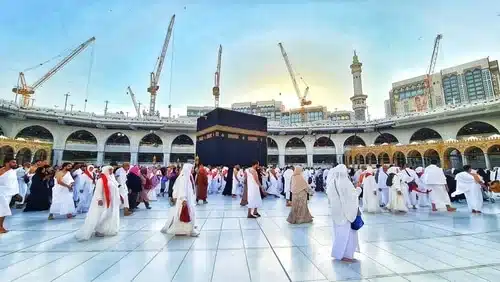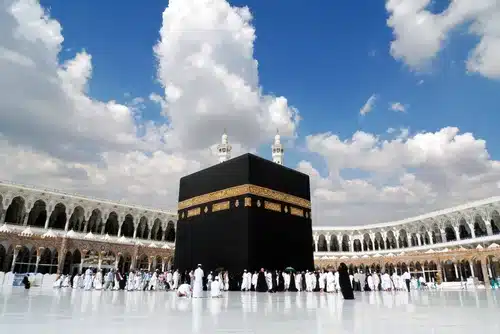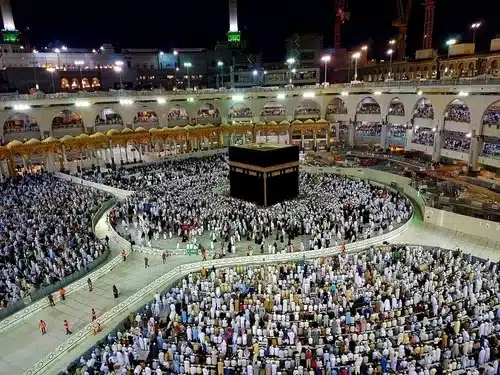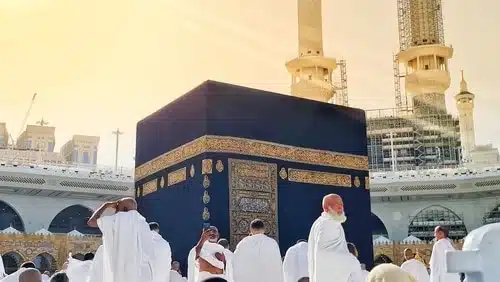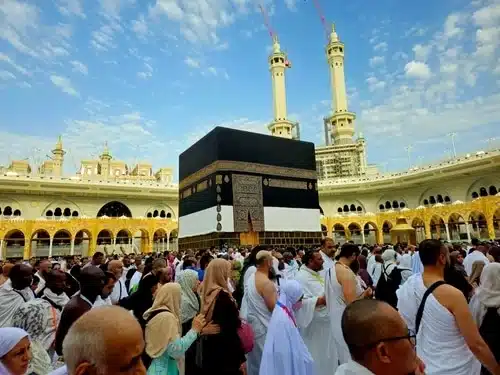Importance of praying Salah in Hijr Ismail
Muslims all over the world felt joyous and relieved when the Saudi Arabian authorities announced to accept Umrah applications from foreigners. However, with the new Umrah rules, it is not going to be the same as before. You need to go through the Umrah packages carefully and go about the Umrah guide comprehensively to understand these rules. One of the most important components of Hajj and Umrah that Muslims yearn to perform is praying salah in Hijr Ismail. It is not one of the obligatory parts; however, it is highly venerated to perform sala in Hijr Ismail. This is place is often overcrowded with people, except for the time when Imam Kabah leads the prayer in Masjid-e-Haram. This is the time when Hijr Ismail is void of people.
What is Hijr Ismail?
Hijr in Arabic means home thus it is named after Hazrat Ismail as Hazrat Ibrahim built it as a shelter for his infant son Hazrat Ismail and mother Hazrat Hajra. Also known as Hateem, Hijr Ismail is the north-western part of Holy Kabah. It is semi-circular seclusion guarded by a low wall, merely 4 feet 4 inches tall. Part of Hateem rests outside Kabah. However, tawaf around the Kabah is performed outside the boundaries of Hateem. This signifies that Hijr Ismail is part of the Holy Kabah. A water outlet, known as Meezab-e-Rehmah, the water outlet of mercy directs water down the Hijr Ismail from the roof of Holy Kabah.
The history of Hijr Ismail: –
When Hazrat Ibrahim (AS) arrived in Makkah with Hazrat Hajra and Hazrat Ismail, Hazrat Gibreel (AS) led them to a spot which we today know as Hateem. They used branches of a tree to make a shade. This was where Hazrat Ibrahim left his wife and infant son. Hijr Ismail is also referred to as “Bayt Ismail” which means House of Ismail.
Even before the advent of Islam, Hijr Ismail was considered a sacred place. Prophet Muhammad’s (PBUH) grandfather, Hazrat Abdul Muttalib often used to sit in Hijr Ismail. He even got the glad tiding of the birth of Muhammad (PBUH) in his dream while he was sleeping in Hateem. Also, once he saw the digging of Holy Zamzam well in a dream in the same place.
When the Holy Prophet was about 35 years of age, the Holy Kabah’s construction had weakened due to a flood. Previously it was harmed significantly by a huge fire. Consequently, it was decided amongst the Quraish to rebuild the Holy Kabah. Unfortunately, due to a lack of funds and resources, the northern side which we know as Hijr Ismail was left out reducing the size of Holy Kabah. It was not an ordinary part, but a very sacred part. The Prophet Muhammad (PBUH) was aggrieved and wished that this part could be added to the foundation of Kabah.
When Hazrat Abdullah bin Zubair became the Caliph, he made Hateem part of Kabah just the way Holy Prophet Muhammad (PBUH) wished for.
Importance of praying salah in Hijr Ismail: –
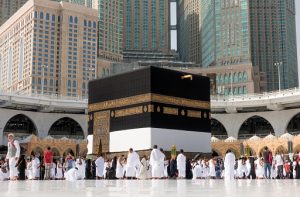
There is great significance of praying salah in Hijr Ismail. The importance of Hateem can be judged by the fact that praying in Hateem is equal to praying inside the Holy Kabah. What more could a Muslim ever ask for? It is customary for Muslims to offer two Rakat nafl prayers in Hateem. However, since it is mostly overcrowded, your Umrah guide may suggest to you better as to the best time when you get some space inside Hijr Ismail.
Praying salah in Hijr Ismail is so revered because of significant religious events that took place at this place. Prophet Muhammad (PBUH) used to sit here very often after Hazrat Jibreel (AS) revealed prophethood to him. He would sit at this place, pray salah at Hijr Ismail, recite Quran, and answer questions of people who would come to him.
According to popular belief, it was Hijr Ismail from where the Holy Prophet went on his ascension. When he told the people of Quraish about the ascension, they did not believe him. Standing at Hateem, he described the holy city of Jerusalem to the Quraish which left them in astonishment.
Today when booking Umrah packages, you must be careful not to violate social distancing new Umrah rules while performing Umrah. This is especially true for praying salah in Hijr Ismail.






